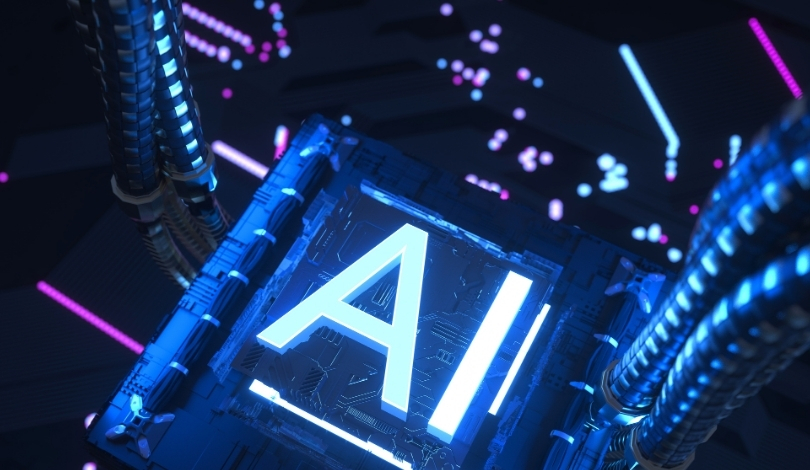Tech industry leaders are increasingly debating the direction and impact of artificial intelligence, with OpenAI chief Sam Altman declaring that humanity has now entered the era of superintelligence. While everyday experiences might not reveal radical shifts, Altman asserts the underlying changes are both present and profound. The announcement has fueled discussions about how societies and economies will adapt to this rapidly advancing technology and whether ethical safeguards can keep up. Observers outside the tech sphere are watching closely, wondering how invisible yet powerful systems like ChatGPT already shape millions of lives. Policymakers and technologists alike face the pressing challenge of aligning machine intelligence with human values and needs.
A few years ago, discussions about artificial intelligence were focused mainly on its potential and the pace of development forecasted a gradual trajectory. Industry actors including OpenAI presented ambitious visions, but expectations around systems equating or surpassing human intelligence were largely met with skepticism. Today’s announcements differ as OpenAI signals a sense of urgency, describing superintelligence as an active reality rather than a distant future. While many prior reports revolved around incremental improvements and narrow applications, the current message emphasizes large-scale societal transformation and immediate risks as AI research accelerates beyond established boundaries.
How Fast Is Superintelligence Emerging?
Sam Altman predicts that key breakthroughs will materialize in short order, mapping out a sequence where digital agents capable of complex cognitive tasks might appear as early as next year. Applying artificial intelligence to real-world robotics could reportedly follow within a few more years, signaling a swift expansion of machine capabilities into both digital and physical domains. The CEO indicates that ChatGPT, OpenAI’s flagship product, already surpasses any single human’s intellectual capacity in some respects and is relied on daily by countless users.
What Drives This Acceleration?
A pronounced feedback loop now characterizes the AI field, where advanced models assist their own improvement cycles. With AI systems expediting research and development, progress no longer relies solely on human effort. “If we can do a decade’s worth of research in a year, or a month, then the rate of progress will obviously be quite different,” Altman commented. The commercial attractiveness of AI spurs further investments in computing infrastructure, which in turn enables the creation of even more capable systems—potentially extending to robotic networks capable of self-replication.
Can Society Coexist With Superintelligence?
According to Altman, traditional aspects of human society such as relationships and cultural pursuits are likely to persist, despite significant changes in the job market and wealth distribution. The anticipated pace of change could unsettle labor markets, challenging governments and organizations to develop new policies and support systems for those displaced. Altman suggests that the economic growth generated could allow societies to contemplate policy ideas never previously feasible. However, defining what objectives and parameters should govern superintelligent systems remains unresolved.
“The sooner the world can start a conversation about what these broad bounds are and how we define collective alignment, the better,”
Altman said, framing technical progress as intimately tied to deliberations on safety and ethics. The alignment problem—ensuring that advanced AI follows human values—raises concerns beyond technical robustness, enveloping social and political dimensions. OpenAI refers to its initiative as building a “global brain,” aiming for intelligence to become as accessible and pervasive as modern utilities. Altman notes that developments once dismissed as implausible now appear routine, implying skepticism toward further progress may be misplaced.
The current trajectory outlined by OpenAI marks a significant departure from previous expectations, both in terms of speed and perceived impact on society. While some technologists and researchers maintain that superintelligence is still years or even decades away, the present messaging from OpenAI stresses immediacy and scale. The feedback effects of AI assisting in its own development amplify uncertainty, making the pace difficult to predict even for insiders. As a result, calls for vigorous public discourse and regulatory frameworks are intensifying, highlighting the difficulty of achieving widespread consensus on safe deployment. For those engaged with the societal consequences of emergent technology, monitoring sophisticated models like ChatGPT, along with robust policy development, will prove essential in navigating the opportunities and risks ahead.










